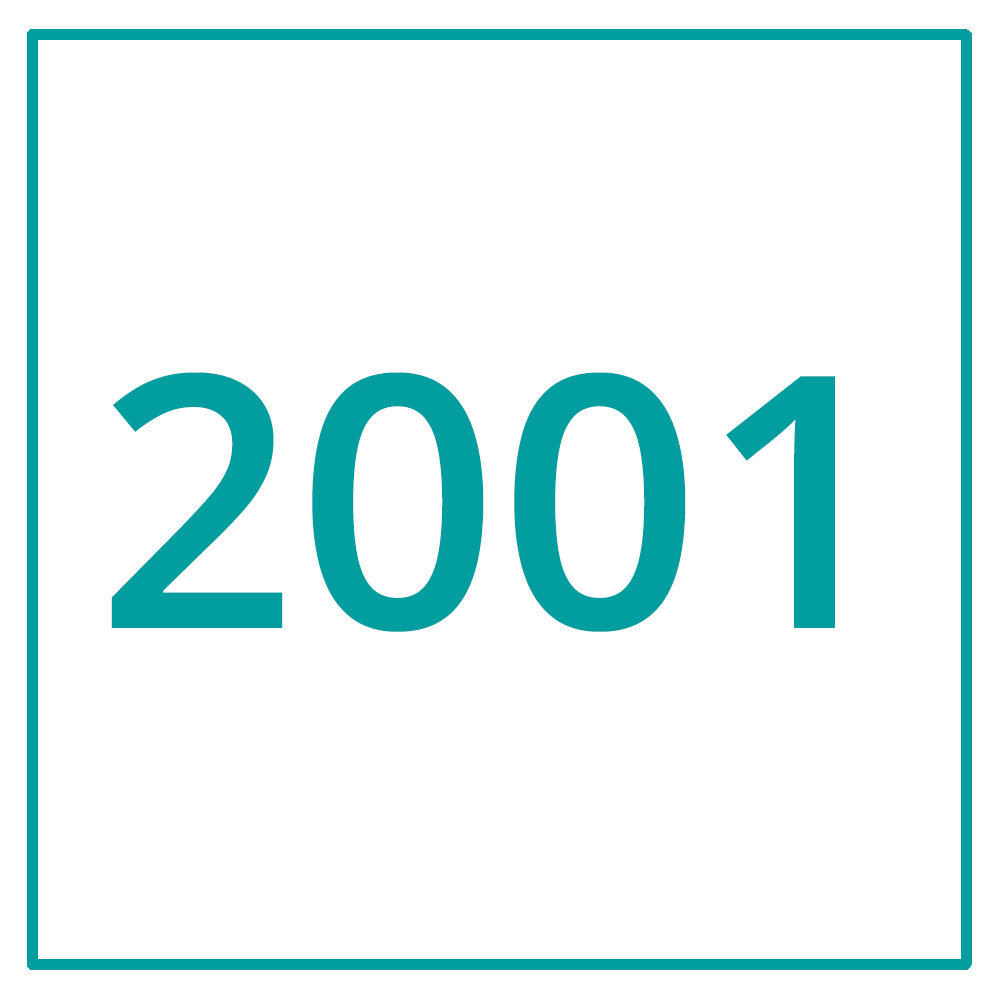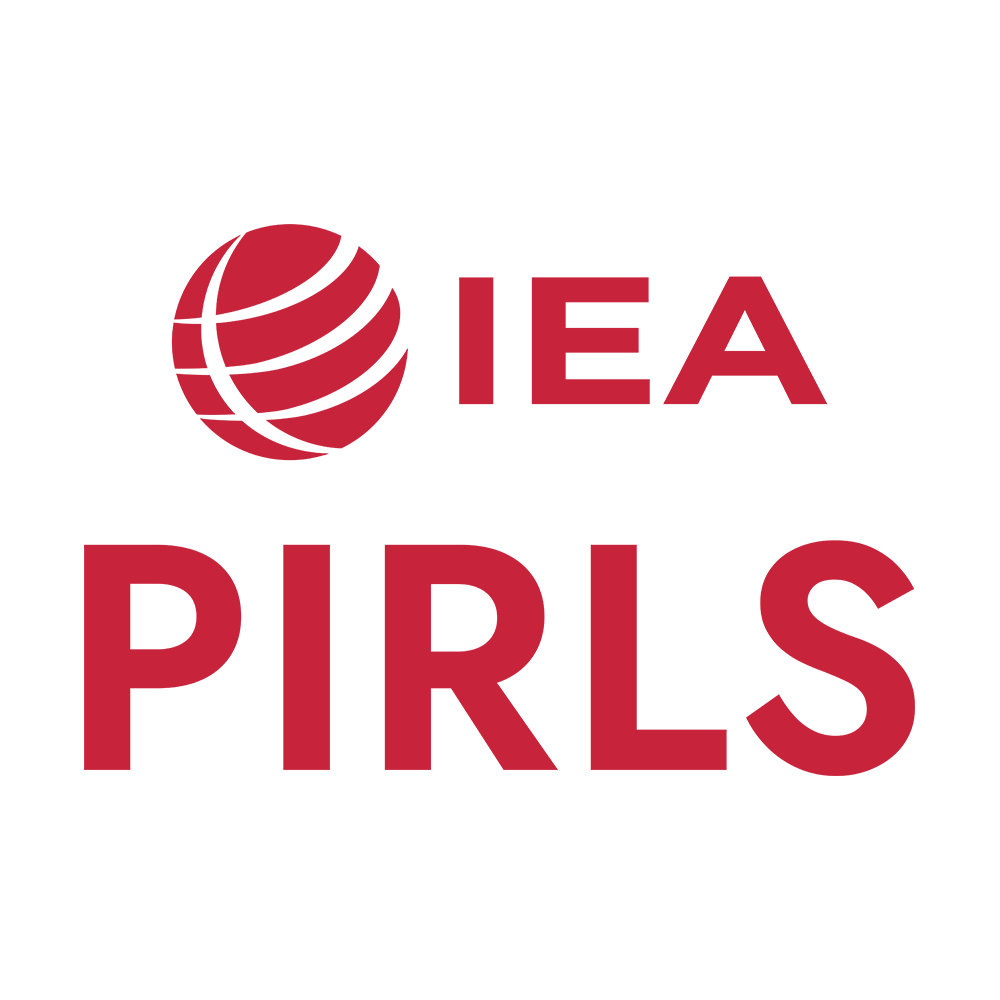PIRLS was initiated by the International Association for the Evaluation of Educational Achievement (IEA). The TIMSS & PIRLS International Study Center at the Lynch School of Education and Human Development of Boston College is responsible for conducting the study. PIRLS measures the literacy skills of students. The study has been conducted every five years since 2001. Poland has participated in it since 2006.
The study measures the skills of students in their fourth year of formal schooling, with the average age of students at the time of the assessment being not less than 9.5 years. In Poland, third-grade students were assessed in 2006 and 2011; since 2016, fourth-grade students have been assessed.
The study is conducted on a representative, random sample of students. The sampling is done in two stages – first, schools are randomly selected, and then specific classes are randomly chosen within those schools. All students from the selected classes are invited to participate in the study. During the assessment, which takes place at school, students complete task sets containing informational and literary texts, and then complete questionnaires. Approximately 150 schools and 4,000–5,000 students usually participate in the study in each country.
In addition to knowledge and skills, the study examines a range of contextual factors relating to, among others, students’ opinions and attitudes, their home environment and educational experiences, teachers’ opinions and experiences, teaching processes at the classroom and school level, and the school’s resources and organization. Data on these issues are collected through questionnaires completed by students, their parents, school principals, native language teachers (from the assessed classes).
The PIRLS study in Poland has so far been conducted in paper format. PIRLS 2026 will be the first cycle in which Poland will participate using the computer-based version of the assessment.
A team from the Central Examination Board conducted the first two cycles of the PIRLS study in Poland (2006 and 2011). The Educational Research Institute is responsible for subsequent study cycles, undertaken on behalf of the Ministry of National Education. PIRLS 2026 is being conducted as part of the project "Preparation and implementation of international educational research in the field of key competences" financed by European Funds for Social Development (FERS).
The number of countries and regions participating in successive cycles of PIRLS has varied. In the first cycle of 2001, 37 countries and regions took part, while in the most recent one, PIRLS 2021, 65 countries and regions participated.
For more information, please visit: the Polish study website, the IEA website, and the TIMSS & PIRLS International Study Center website.
Data and instruments
The study assessment framework
The scope and assumptions of each PIRLS cycle are presented in the assessment framework. The frameworks for successive cycles maintain a continuity that is essential for making comparisons across cycles. However, they are reviewed and updated for each cycle to reflect, among other things, research findings and significant changes in literacy education. The preparation of each framework involves experts as well as representatives of the participating countries.
The assessment framework for each PIRLS cycle is available on the IEA website and the TIMSS & PIRLS International Study Center website.
Country Reports – Poland
Country reports are prepared by the national research teams. The Polish reports provide a more detailed discussion of the results concerning Poland and students from Polish schools. These results are analyzed and described more thoroughly, compared with results from other countries and previous cycles, and also take into account changes in the Polish education system.
PIRLS 2021
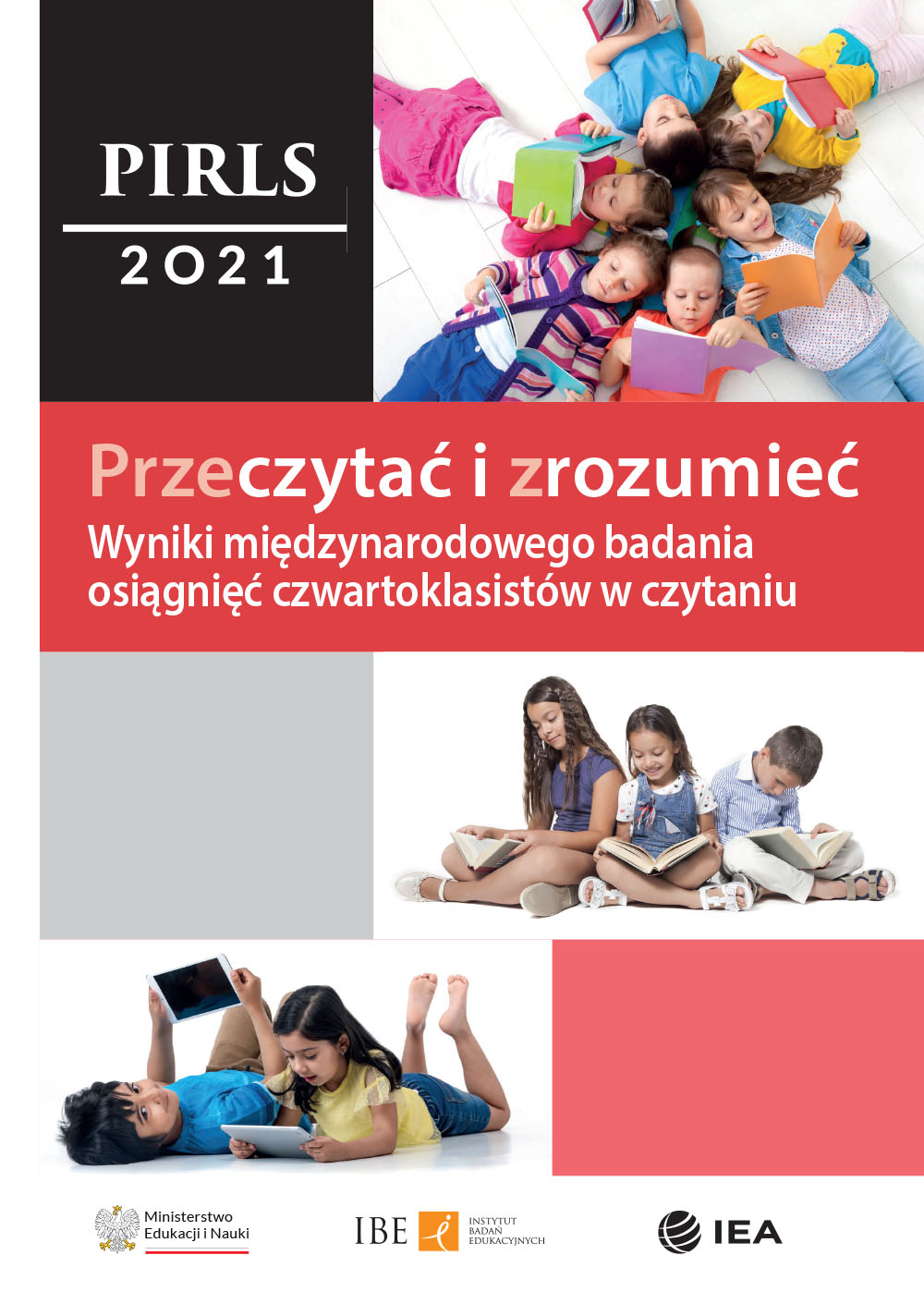
Polish PIRLS 2021 Report
Kaźmierczak J., Bulkowski K. (red.) (2023). Przeczytać i zrozumieć. Wyniki międzynarodowego badania osiągnięć czwartoklasistów w czytaniu – PIRLS 2021
Warszawa: Instytut Badań Edukacyjnych
View the printable version of the publication
View the digitally accessible version (WCAG) of the publication
PIRLS 2016
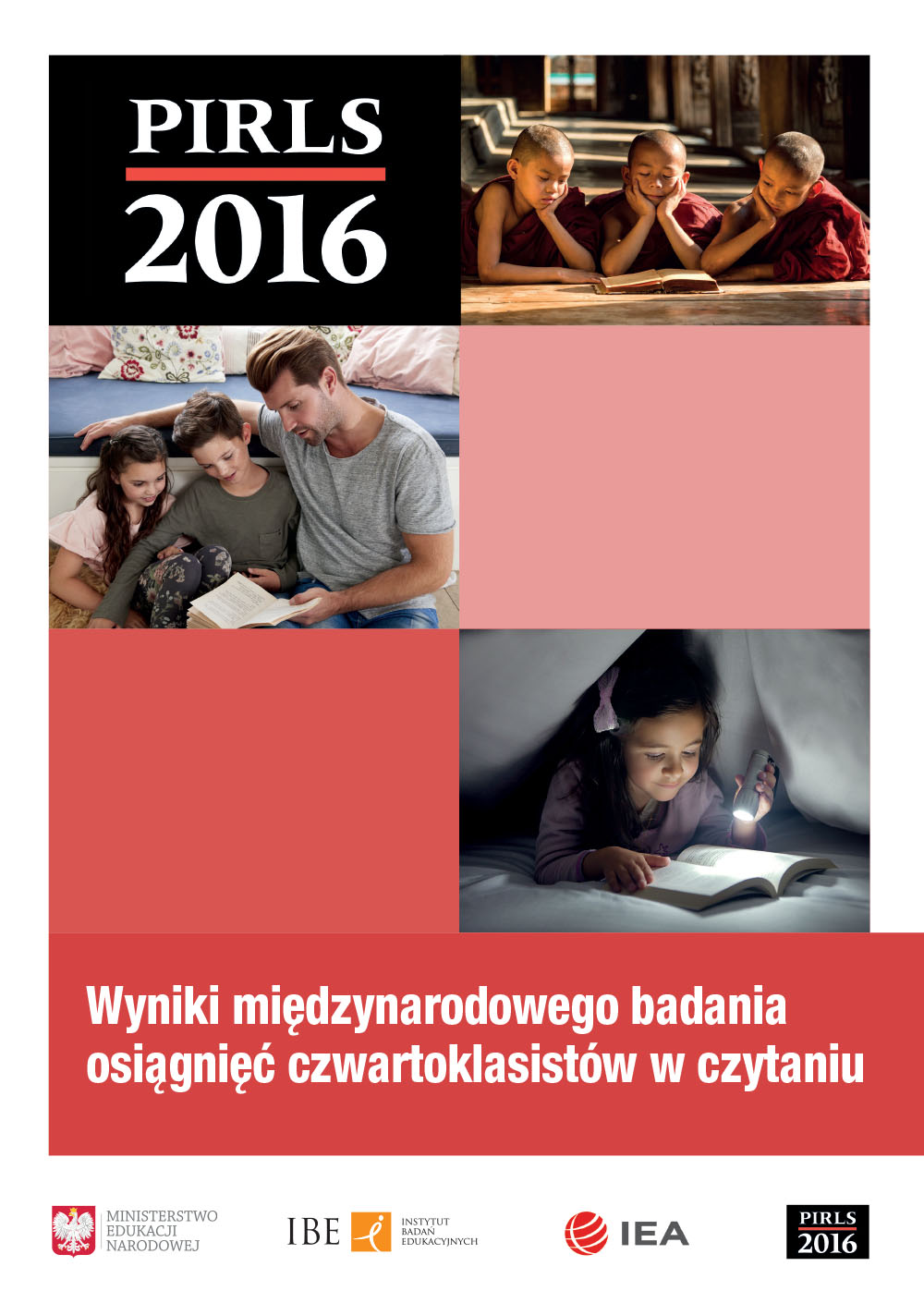
Polish PIRLS 2016 Report
Konarzewski K., Bulkowski K. (2017). PIRLS 2016. Wyniki międzynarodowego badania osiągnięć czwartoklasistów w czytaniu
Warszawa: Instytut Badań Edukacyjnych
PIRLS 2011
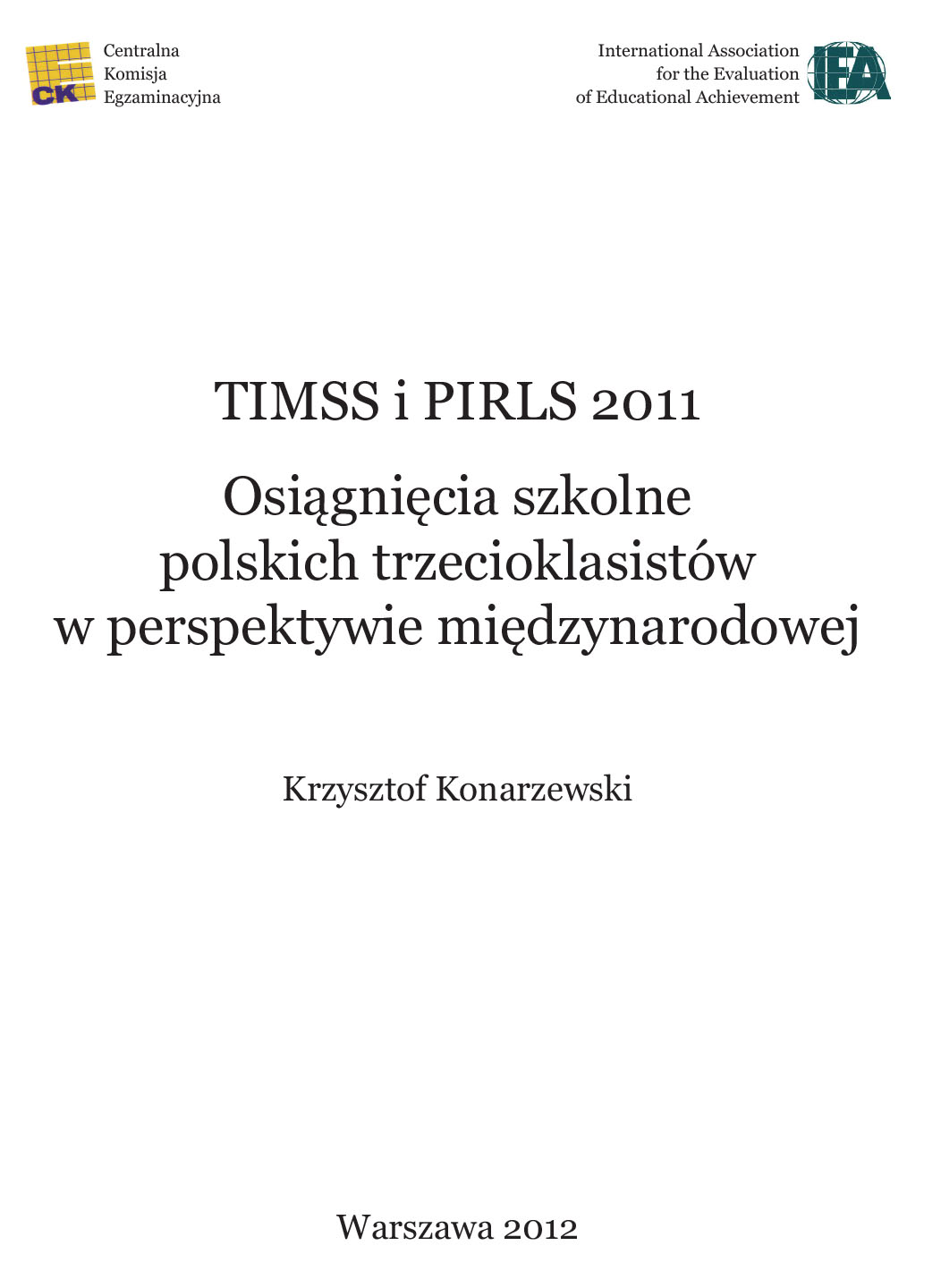
Polish PIRLS 2011 Report
Konarzewski K. (2012). TIMSS i PIRLS 2011. Osiągnięcia szkolne polskich trzecioklasistów w perspektywie międzynarodowej
Warszawa: Centralna Komisja Egzaminacyjna
International Reports
International reports presenting the results of each study cycle, as well as other publications and materials related to the study are available on the websites of IEA and the TIMSS & PIRLS International Study Center.
PIRLS 2026
The study is being conducted in 2024–2027. The pilot study was held in 2025, and the main study at schools will be conducted in 2026. The release of the PIRLS 2026 results is scheduled for December 2027.
The detailed schedule for the PIRLS 2026 study is available here.







